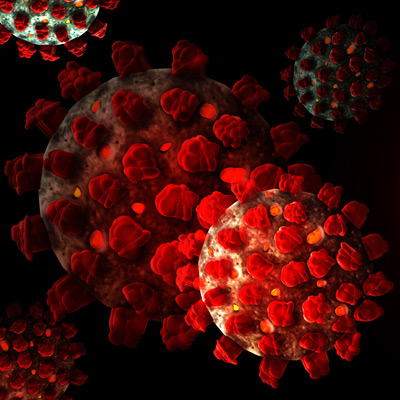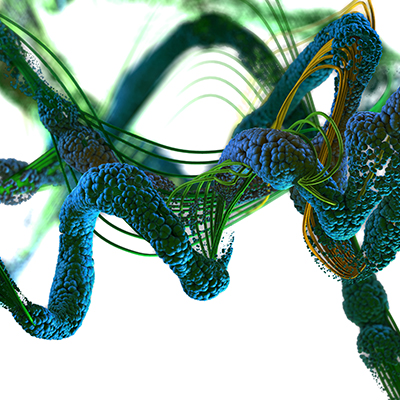November 18, 2022 -- University of Kentucky researchers, in collaboration with the University of Arkansas and Clemson University, have received a $1.6 million National Science Foundation (NSF) Established Program to Stimulate Competitive Research (EPSCoR) grant to create a membrane-based downstream purification platform for large-scale continuous biomanufacturing of viral vectors and virus-like particles (VLPs).
Viral vectors are tools commonly used by molecular biologists to deliver genetic material into cells; VLPs are self-assembled viral protein complexes that mimic the native virus's structure without being infectious.
The researchers' goal for the development of membrane-based downstream purification platforms is to overcome multiple technical and economic barriers. Their objectives include:
- Feedstock production of two common viral vectors for gene therapy applications and VLPs for vaccine applications
- High-capacity affinity membrane design, fabrication, and characterization
- Downstream membrane chromatography for separating full and empty viral capsids
- Module design, process optimization, and process intensification
- Employing bioanalytical methods for detection and quantification
- Providing research opportunities for college students
The grant's overall principal investigator is University of Arkansas professor Xianghong Qian. University of Kentucky faculty Dibakar Bhattacharyya, Barbara Knutson, Steve Rankin, Malgorzata Chwatko, and Rebecca Dutch are co-principal investigators.
"Besides their tremendous impact on human health, the economic impact of large molecule therapeutics is transforming the landscape of the biotechnology industry. For instance, there are a growing number of clinical trials using viral vectors for the delivery of gene therapies," noted Bhattacharyya in a statement.
Copyright © 2022 scienceboard.net









